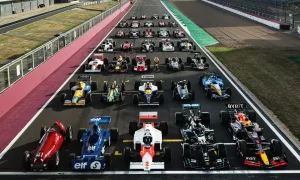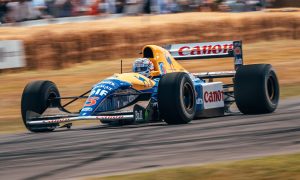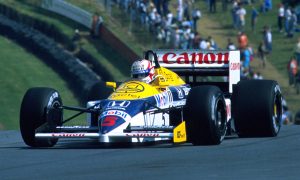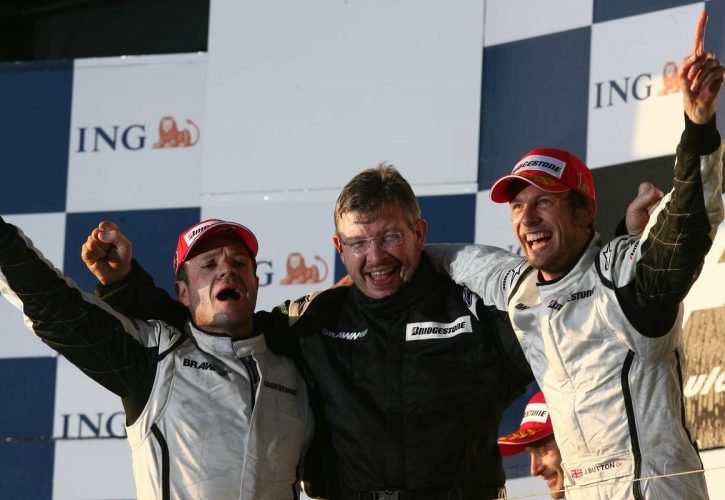
Mercedes trackside engineering director Andrew Shovlin has been recalling the events of the 2009 season when he was Jenson Button's race engineer at Brawn GP.
The team had nearly collapsed over the previous winter after Honda had abruptly pulled the plug on its Formula 1 involvement, resulting in 300 redundancies at the works squad.
Team boss Ross Brawn together with Nick Fry stepped in to keep the team running on a shoestring budget while seeking a longer term solution.
Fortunately the 2009 car had already been developed, making use of a loophole in the rules to introduce a 'double diffuser' that promised a significant performance boost. But not even those at the team realised just how big a boost it would prove to be.
“We knew it would be a decent car because we put so much effort into it and we started so early,” Shovlin told the Beyond the Grid podcast.
“The year before, at Hockenheim which was about mid-season, was the point where we said, ‘Right we’re just going to forget about 2008 and focus on the new rules in 2009.’
“But really the only time we started to think this was properly quick was when we didn’t go testing and everyone else was at a test [at Portimao]," he continued
Shovlin recalled that there had been a previous year's Toro Rosso present which had been "the quickest thing by miles" but it was soon clear that the new Brawn GP car had already clawed back time lost to the new rules.
"We had pretty much recovered all the performance and [believed we] would be as fast with our car," he said. "[We started to think] ‘Hang on a minute, this means that we’re nearly two seconds quicker than anyone else’!
"Then you [start to] think that we must have got our sums wrong," he admitted. "But nothing prepared you for when you started running it in Barcelona, and you were like, ‘Oh my God this looks properly fast!’”
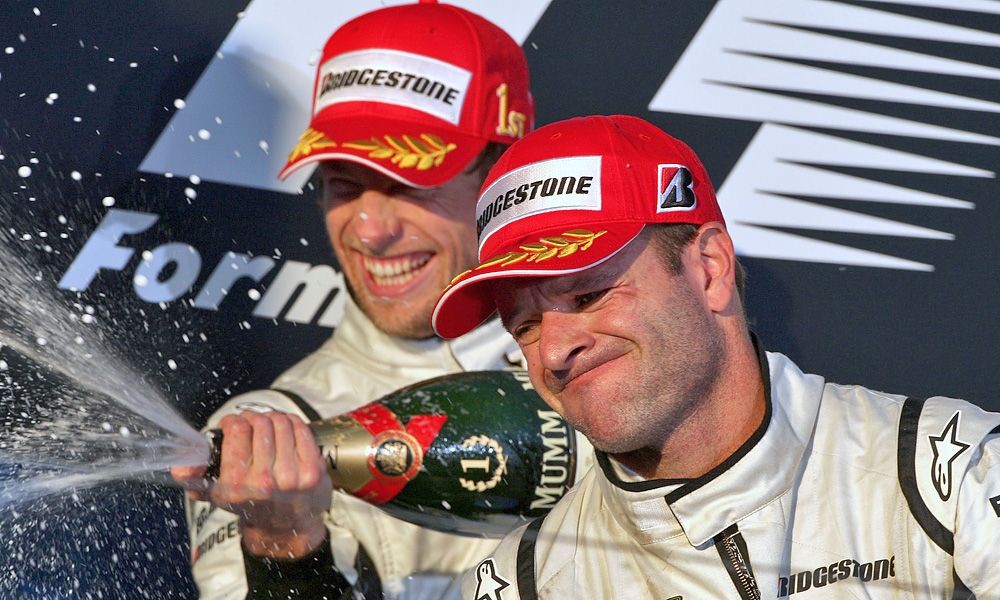
Button went on to win the first race of the season in Australia ahead of his team mate Rubens Barrichello, although some of that was down to luck as current Mercedes sporting director Ron Meadows pointed out.
“We had a one-two and we certainly didn’t deserve a one-two because I think we were first and fourth because we had two shocking pit stops," he explained.
“The issue we had was refuelling. Our normal refueller from previous years had left the team as part of the redundancies. We wanted to keep him, but he decided he wanted to go and be a plumber!
"So I called him and he came along as a weekend warrior. He’d fly in Saturday night to do the fuel for a day rate, then straight after the race he’d go home to do his plumbing job for a fortnight and then come back again.”
“It was quite good value," chipped in Shovlin. "It knocked about eight seconds off the pit stops!”
Fortunately the team benefitted from a collision between Red Bull's Sebastian Vettel and Saber's Robert Kubica four laps from the finish. "Seb and Kubica hit each other in the last few laps,” Meadows said.
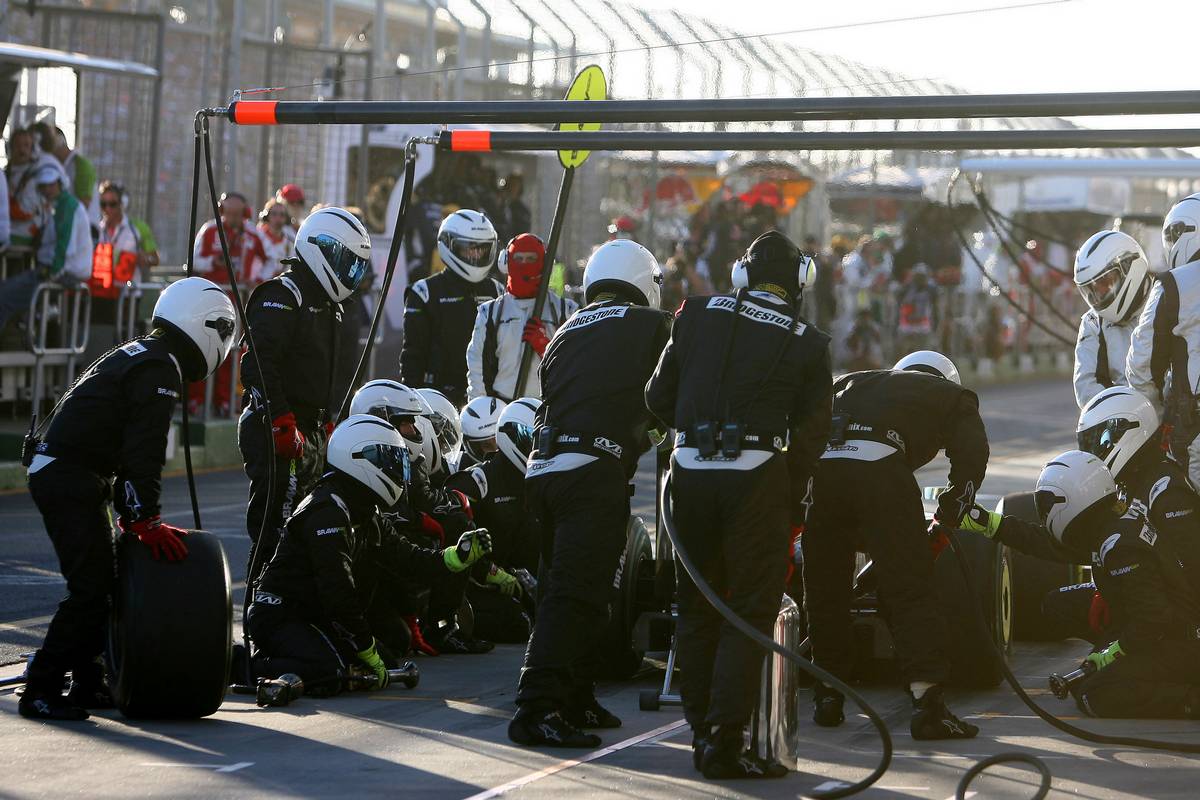
From there, the team went on to win six of the first seven races. But that early advantage enjoyed by the team was quickly eroded as the season went on: while other teams were able to pour money into research and development, Brawn GP was on a shoestring budget.
However they nonetheless managed to hold on to their initial lead and Button claimed the title by 11 points over Vettel, with Brawn taking the team title by 18.5 points from Red Bull.
"[That year] honestly had a lifetime of memories," said the team's chief strategist James Vowles. "Each race had its own unique set of memories that are embedded in all of us forever
"It won’t change, and those feelings are extraordinary by comparison to most things," he added. Vowles remained with the team when it was finally bought by Mercedes, and continues in the same role today at Brackley.
Nick Fry was succeeded as chief executive of the team by Toto Wolff in 2013, while Ross Brawn has gone on to become director of motorsport for the Formula 1 organisation owned by Liberty Media.
Gallery: The beautiful wives and girlfriends of F1 drivers
Keep up to date with all the F1 news via Facebook and Twitter





